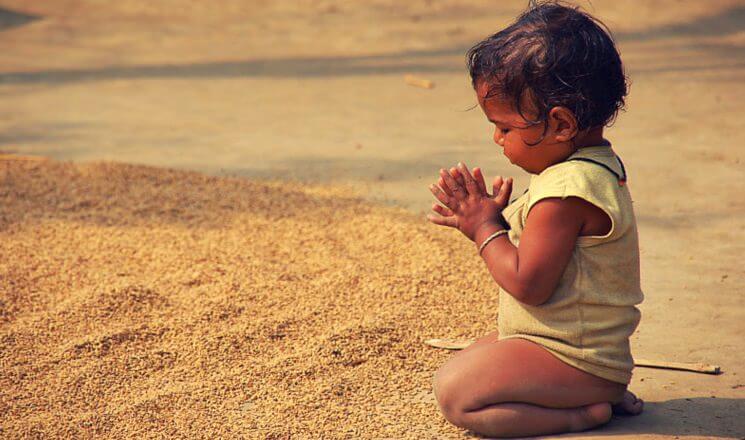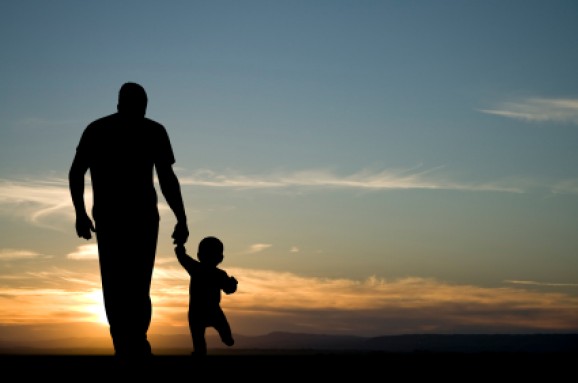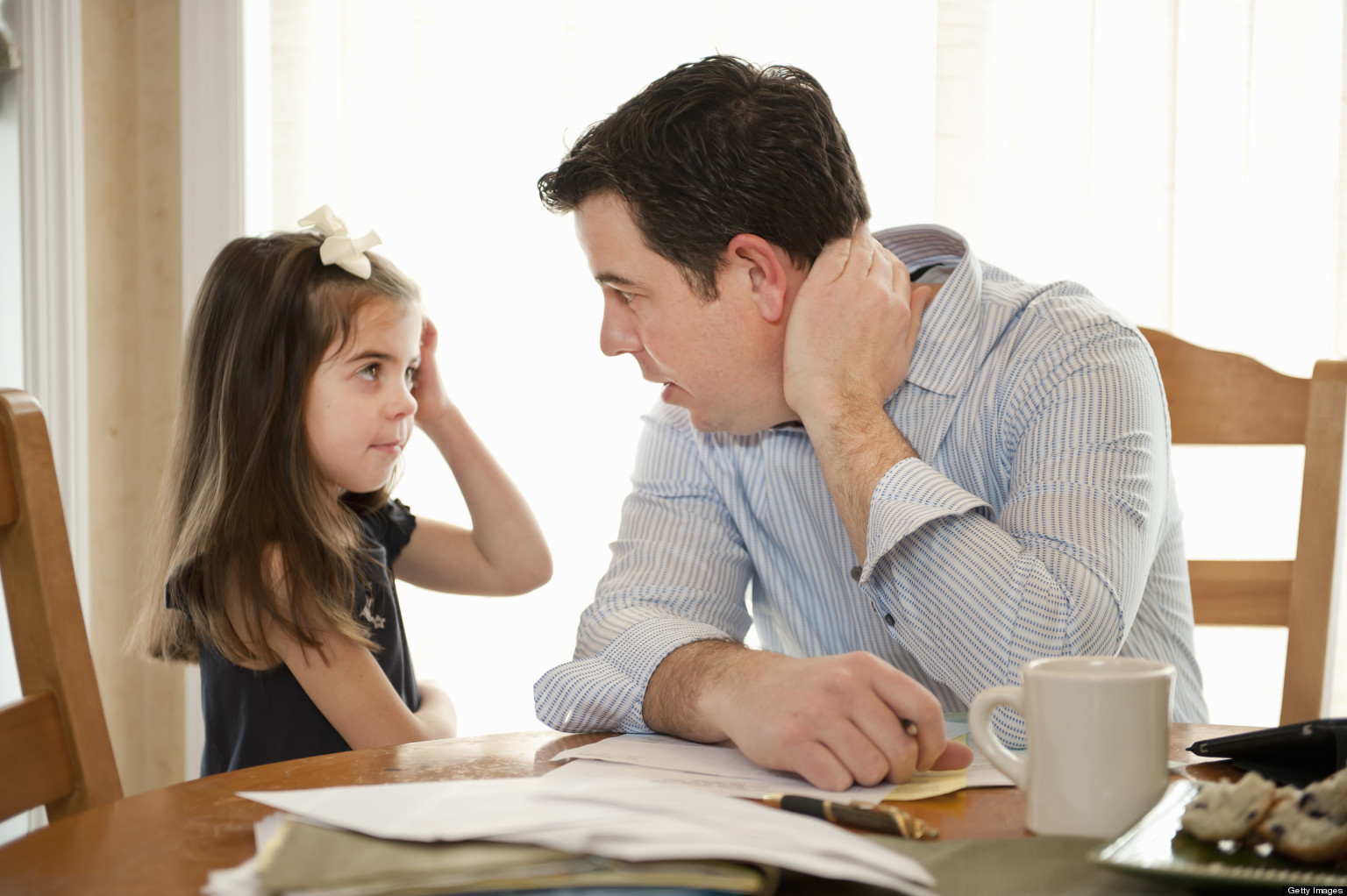
Fathering This Pandemic
Can we even talk about Father’s Day today? Or any other “significant events” for that matter?
What is there to celebrate when we are so beset by threats and uncertainties? Our rate of infection is still rising. In our province, it is only a matter of time before we discover that many of us are walking time bombs, ready to unleash the virus anytime, anywhere.
These are challenging times for everyone, doubly for parents. The loss of jobs and economic opportunities are unsettling. As a father, it is hard to imagine how one could continue to provide psychological nurturance and physical safety when there is so much chaos surrounding you.
But survive we must. And to do that, it is important that we break frame, restructure our own expectations and outlook, realign them with present realities.
As fathers, what can we do to lead our families effectively during these trying times? Here are some thoughts while reflecting on the matter.
Be mindful of your own psychological responses – We are only as good as our own level of awareness. As the head of the family, our psychological health is prime because it will set the emotional atmosphere in the home. If we are not in touch with our feelings or thoughts, we become susceptible to stress responses that are unhealthy, and soon becomes toxic for us and the members of the family.
Enlist the help of everyone in the household – To be a father does not mean doing all the works. All the more, it does not mean giving all the commands. It means taking the lead, and creating opportunities for every member to occupy its own space and portray his/her role committedly. Now, more than ever, everyone needs to be involved and the family works as a team, with the father taking the lead.
Establish a routine – We all need structure. When structure is absent, we are weak and in disarray. That is why we feel the threat because our “normal” is disturbed and replaced with uncertainty. As the head of the family, we need to realize that establishing a routine, personal and familial, is a necessity to provide us a psychological anchor for the day and the future.
Bend your knees – Research has shown that a father’s influence in matters of faith especially on the children exceeds far beyond any other comparison. Our whole psychological foundation is best built on prayer and faith. As fathers, our strength does not come from knowing that we are virile and capable, but in recognizing that we are frail despite our skills and position, but God gives us the vision and direction to carry through.
It is hard to be a father these days. And if we are remembered in honor for that difficulty, then let it be. Because it is also very easy to cop out and relinquish our responsibilities. So many lives have been ruined because of fathers (and also mothers) who are weak and selfish, impulsive and reckless, saving their own asses at the expense of their family’s welfare.
They value ego more than anything else. And at the tiniest friction with other’s egos, they self-preserve, leaving others wounded and hurt. And they hail their action in the name of freedom.
Yet it is in the struggle that we know our worth, not in our freedom. It is in the sacrifice that we see what we are capable of giving, not on what we have gained. It is in being a faithful father that we fulfill our divine contract, the only indispensable role we are given to enact.
For fathers who stay, endure, persevere, sacrifice, evolve, love, and grow in the process; my toast to you. I tell you; your reward is great in heaven.
Happy Father’s Day!































